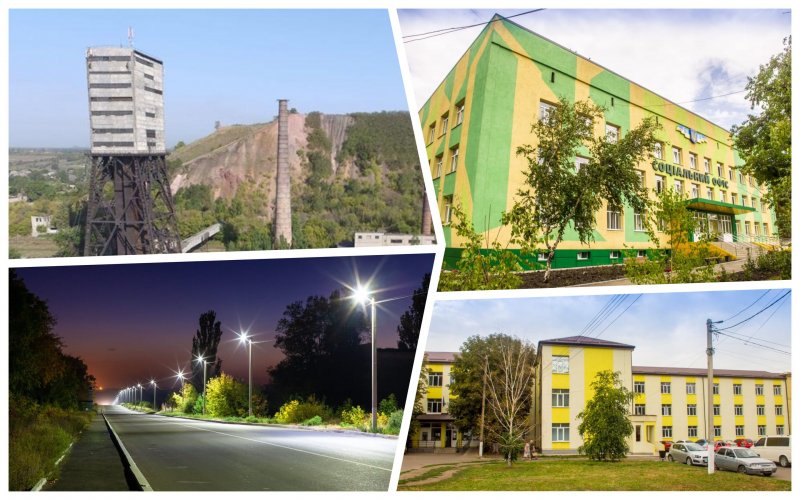The city of Myrnograd, located in Donetsk region, since 2017 has implemented about 25-30% of the planned energy and climate measures, according to preliminary estimates, within the framework of the European Commission's "Agreement of Mayors" initiative.
Denys Tomaza, head of the department for innovative policy and investment activities of the executive committee of the Myrnograd City Council, spoke about the city's path to energy efficiency and the fight against climate change, reports Ecoclub.
The "Agreement of Mayors" was joined by 311 communities, which, after signing it, develop and implement energy and climate development plans (PDSERK). This helps them reduce greenhouse gas emissions and increase their resilience to climate change.
Tomaza said that Myrnograd started the path to energy efficiency and energy saving in 2016. In 2017, the city council adopted the "Sustainable energy development and climate action plan until 2030".
"By signing the Agreement, we undertook to reduce greenhouse gas emissions into the atmosphere by 2030. To achieve this goal, the PDSERK was developed and a strategic goal was set to reduce emissions by at least 30% (which is 21.9 thousand tons/year) from the base level of 2012 (72.9 thousand tons/year),” he said.
The city started to implement the plan after the adoption of the document, and after 2 years, an interim report was presented, which showed what had been implemented and achieved during that time. Thus, the city was able to modernize the street lighting system and carry out thermal modernization of schools, kindergartens and hospitals.
"Unfortunately, due to the full-scale invasion, the process of preparing the full report has been somewhat halted. Therefore, only now, in September, we continued our work," said Tomaza.
He also emphasized that since 2017, Myrnograd also participated in the GIZ project "Energy efficiency in communities", where energy managers adopted the experience of German partners in the implementation and functioning of the energy management system. This experience influenced the development of energy efficiency in the city.
"Now the mayor is closely cooperating with the energy manager, as this not only helps to save the city's budget, but also, of course, makes it comfortable for residents and guests," he said.
Currently, in Myrnograd, they are working on the transformation of coal regions, in particular, on the reformation of industry in other areas of the economy.
"We also developed a separate document on the transformation of coal regions, where specific actions were defined: greening of coal fields, reclamation of sedimentation basins," Tomaza added.
In order to adapt to climate change, the city authorities plan to reconstruct parks, green the city, and implement measures to manage waste and combat natural landfills.
"Taking into account the experience of the city of Myrnograd, I will say that the Agreement of Mayors is this a useful tool for Ukrainian municipalities, – emphasized Tomaza. – For our city, PDSERK is also important because it helps in planning other important projects: it contains all the necessary information that we use every day in our work."
Earlier, EcoPolitic wrote, that Borodyanka, in the Kyiv region, is being planned to be rebuilt as one of the first new ecological towns, all systems of which will work on modern energy-efficient technologies.
As EcoPolitic previously reported, a national energy efficiency monitoring system will be created in Ukraine.





